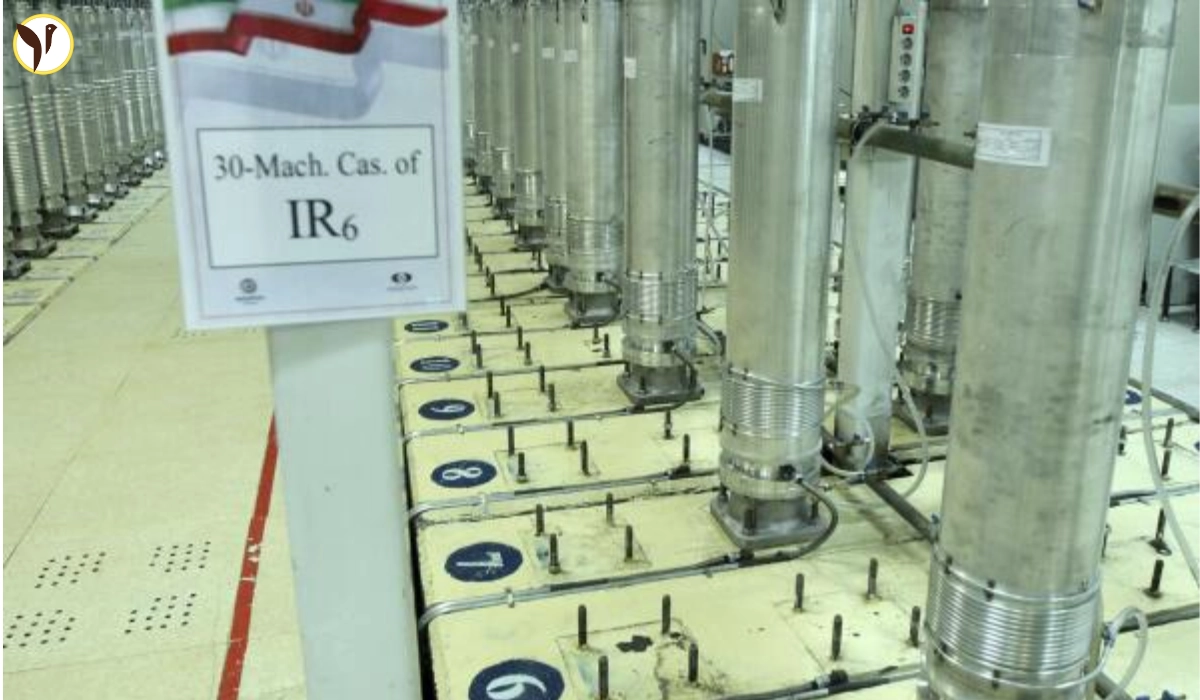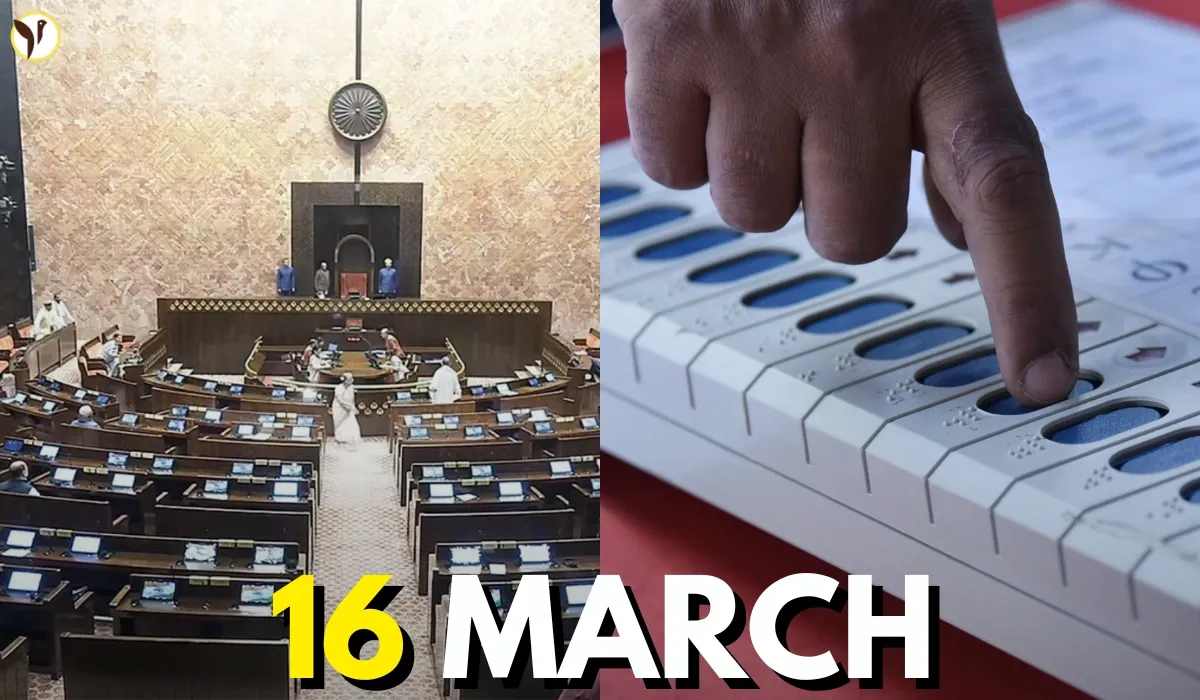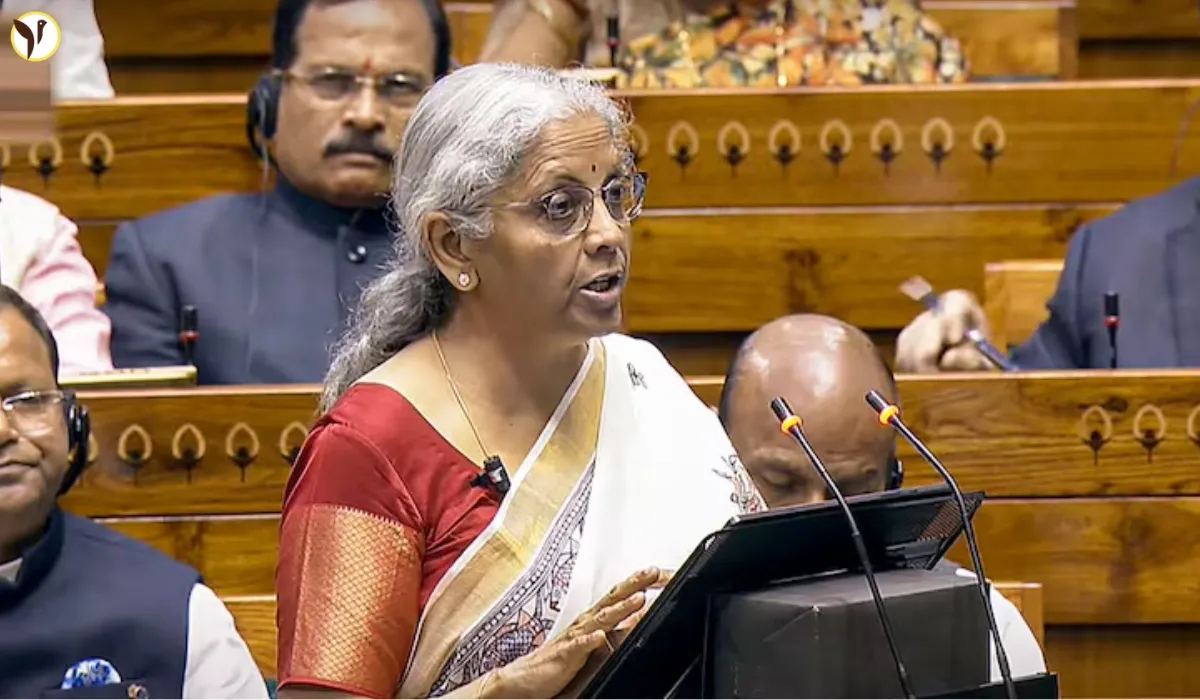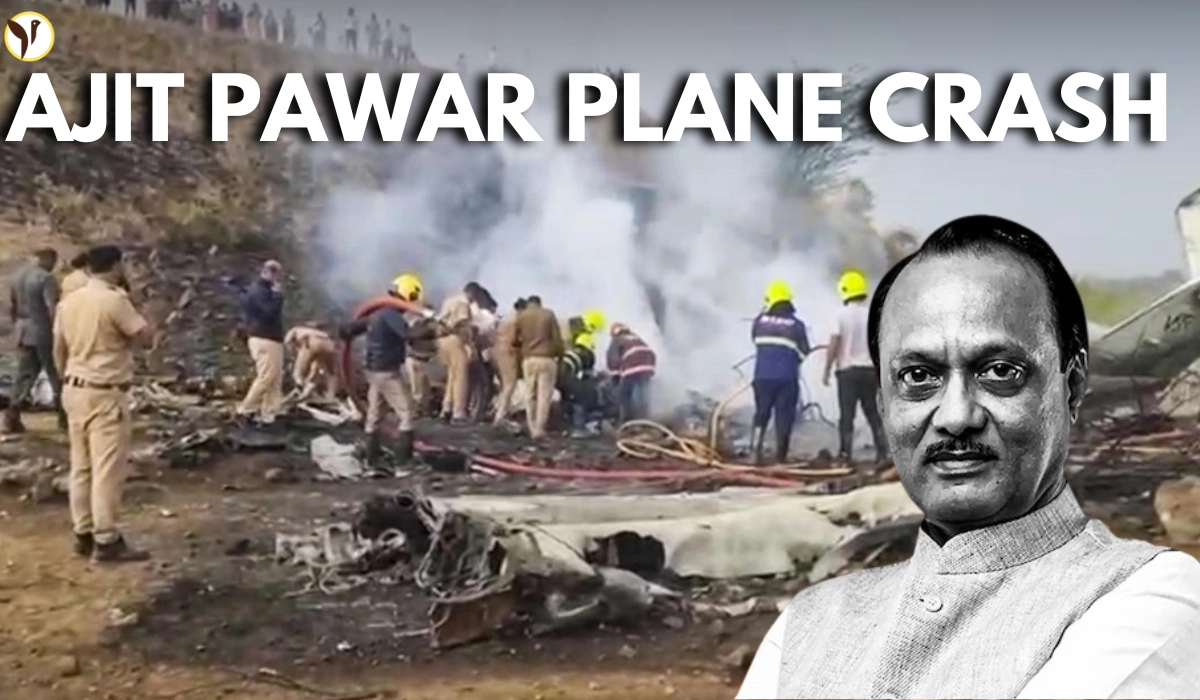Iran’s Uranium Stockpile Has Grown – Again
So, the UN’s nuclear watchdog, the IAEA, just shared an update, and it’s pretty serious. Iran has added more uranium to its stockpile, and not just a little bit. As of now, they’ve got around 408 kilograms of uranium enriched to 60%, which is a big jump from earlier this year. That level of enrichment is just a step below weapons-grade, and honestly, that’s why a lot of people are nervous.
Experts say this amount could technically be turned into fuel for around nine nuclear bombs, if it’s enriched further to 90%. The IAEA also mentioned Iran still isn’t giving clear answers about some nuclear materials they found at old, secret sites. Without those answers, there’s still no clarity about whether Iran has done any work related to building a weapon. Iran keeps saying its nuclear program is peaceful, but the lack of transparency makes it harder for others to believe that.
Why This Is a Big Concern for the World
This news isn’t just about numbers—it’s raising alarms globally. Countries like Israel are reacting fast and warning that action needs to be taken to stop Iran. European nations are also thinking about bringing back some of the strict sanctions that were removed when the 2015 nuclear deal was signed.
Even the U.S., which has been trying to keep diplomatic talks going, knows that there’s only so much talking you can do when Iran’s nuclear program is moving forward this quickly.
Here’s why this is worrying people:
-
Iran now has enough 60% enriched uranium to quickly make weapons-grade material
-
The IAEA still doesn’t have full access to monitor everything
-
Other countries in the region are on edge, and talk of military action is creeping back
This situation isn’t just a quiet technical issue anymore—it’s becoming a serious global concern.
What Could Happen Next?
The IAEA’s board is holding a big meeting in Vienna on June 9, and what comes out of it could change everything. Some major Western countries are working on a resolution that would officially call Iran out for breaking its promises under the nuclear agreement.
If that happens, it might lead to UN sanctions coming back, and Iran has already hinted it might respond by pulling back even more from international nuclear rules—or even quitting the treaty that’s supposed to keep nuclear weapons in check.
There are still some ideas floating around about how to reduce the tension—like getting Iran to agree to cap enrichment at 60% and send the extra uranium out of the country in exchange for some sanctions relief. But honestly, time is running out, and countries like Israel have made it clear they might not wait forever.
So, the next few weeks are going to be key. Either things calm down through talks, or we’re looking at a much more serious situation









